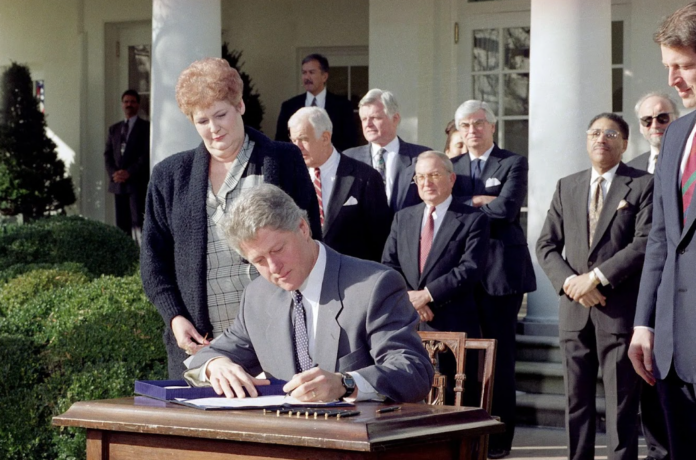Introduction.
It is difficult to balance work and family obligations. The Family and Medical Leave Act of 1993 assists employees in handling personal and family medical needs. The legislation provides eligible employees with unpaid leave while ensuring their job security. Understanding FMLA leave eligibility is essential for employees seeking job-protected time off to manage medical or family responsibilities
What is the Family and Medical Leave Act or FMLA leave eligibility?
The FMLA is a US federal labor law. It allows workers to have unpaid leave for up to 12 weeks in a year. The job does not get cancelled during this period, and medical benefits are continued.
The act provides protection so that employees are able to attend to their family needs without any risk of losing employment. The law covers particular family and health-related circumstances.
Who is Covered Under FMLA?
Not every employee is entitled to FMLA leave. In order to be eligible, employees need to satisfy certain requirements:
- They have to be working for an employer covered under FMLA, for instance, a public agency or an employer with 50 or more workers.
- They should have worked at least 12 months with the employer.
- They need to have performed 1,250 hours of work within the past year.
When Can Employees Take FMLA Leave?
Workers can take FMLA leave for several personal and family concerns. These include:
- Recovering from a serious medical condition.
- Taking care of an ailing family (spouse, child, or parent).
- Caring for a newly born, adopted, or foster child.
- Dealing with duties if a family member is on active military duty.
Employee Rights Under FMLA.
Workers on FMLA leave enjoy certain protections:
- Their job is preserved, i.e., they can be placed in the same or similar position.
- Employers should maintain health insurance coverage during leave.
- Employees should not be disciplined for using FMLA leave.
Employer Responsibilities.
Employers should notify employees of FMLA rights and responsibilities. They should also be compliant with the law. In case an employer rejects a legitimate request, employees should be able to file a complaint.
Conclusion.
The FMLA covers employees needing time for medical and family concerns. It maintains that they lose not a minute of their employment during challenging phases. Knowing rights under FMLA guides employees through proper decisions involving work and household matters.





